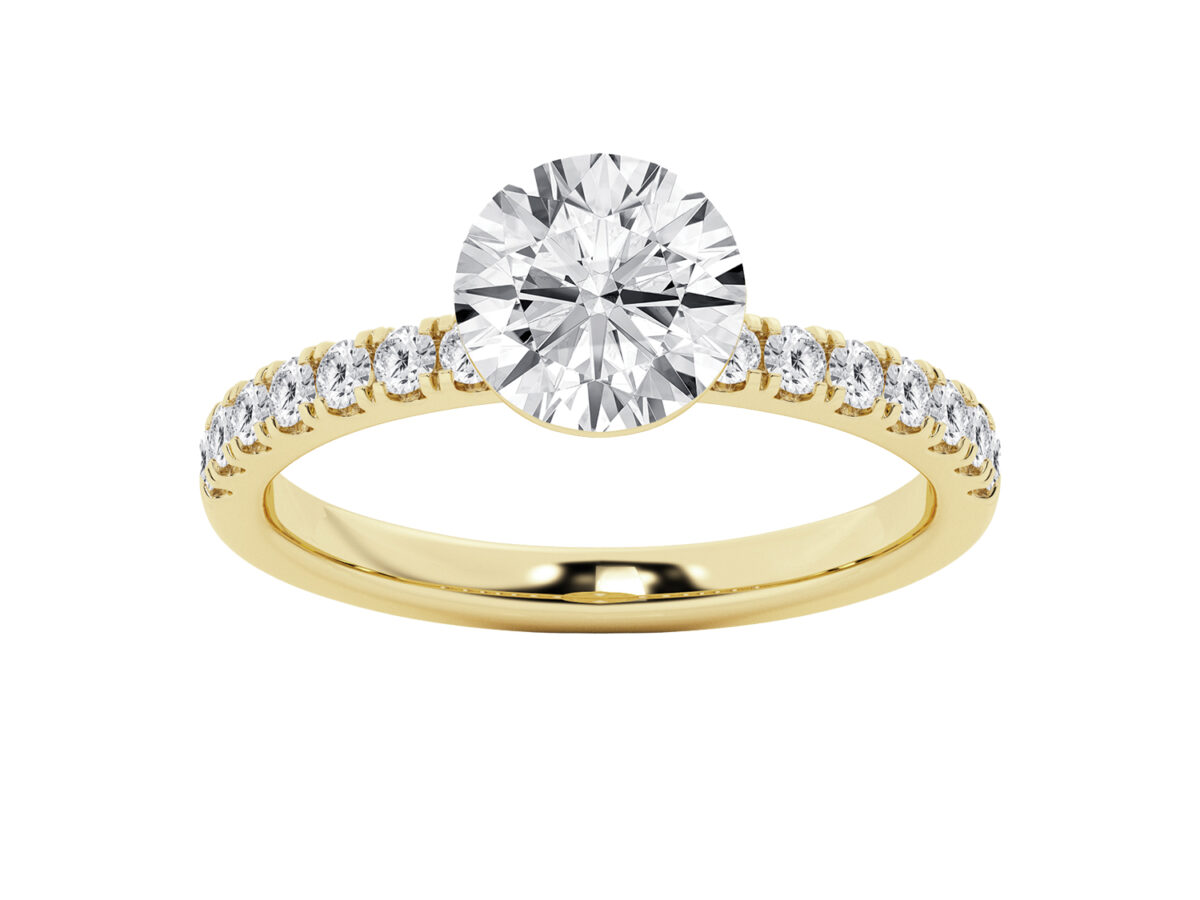Ever since Beverly Hills and other jurisdictions mandated the wearing of face masks in public, there has been a rise in skin concerns and conditions. The Courier spoke to a few top dermatologists and plastic surgeons in the area to find how we can combat these issues so that larger problems don’t ensue.
As this issue becomes more apparent the longer we wear masks, renown surgeon and dermatologist Ronald Moy, M.D., of Roy, Fincher, Chipps on Rodeo Drive is seeing an increase in problems. Dr. Moy is the former president of the American Academy of Dermatology, American Society for Dermatologic Surgery and American Board of Facial Cosmetic Surgery. “I have been treating mask dermatitis and also acne aggravated from wearing masks,” Dr. Moy told the Courier. He recommends using 1 percent hydrocortisone cream over the counter and conventional acne treatments until it subsides.
Dr. Moy also advises using a facial moisturizer under the mask for irritation, but for nurses and doctors he recommends padding the surgical grade masks. “I personally use a softer surgical mask under my N95 mask which makes it more comfortable to wear [for longer periods].”
Another concern is the sun exposure issue and light from our tech devices. “Wearing a mask can protect the face from sun exposure but we’re still recommending our DNA sheer defense [cream] because it repairs old sun damage, pollution, and blue light skin damage coming from the phone.”
Celebrity plastic surgeon Harry Glassman, M.D., located inside the Thibiant MediSpa on Canon Drive, is seeing more mask-related suffering from patients prone to acne or rosacea. Dr. Glassman has been practicing for over 40 years and also specialized in cosmetic medicine and body contouring. “This is a big issue from the sociological aspect. People are having problems emotionally and physically with the masks,” he told the Courier.
“If you think about it, the mask is creating a moist, warm, oily environment and it’s a set up for inflammation,” he said. The other issue is friction, “The mask is abrasive, rubbing against your face when you’re talking and removing the outer layer of your skin plus dehydrating you.”
To help combat this problem, Dr. Glassman recommends creating a barrier between your skin and the mask by applying a hydrating moisturizer every two to three hours during the day. “Because you are creating an unusual environment on the lower part of your face – especially if you are prone to rashes –you also have to wash your face with a mild cleanser. If you use soap or something too astringent, you will dehydrate your skin and make the problem worse,” he warned.
A few important things to remember “Unless you are wearing a surgical mask, wear a mask made out of 100 percent cotton,” advised Dr. Glassman. “Avoid nylon, rayon and polyester as they are going to make you perspire more.” And, don’t even think about reusing your mask. “Wash it every day like you were washing your underwear. You wouldn’t wear a t-shirt day after day either, so buy a series of them to rotate.”
While you might want to make a fashion statement with your mask, t-shirt material is actually one of the most desirable for a mask according to Dr. Glassman. Also avoid adhesives, fragrance and excess dye that are used in some of the more colorfully patterned masks on the market right now.
Protective masks will be a way of life for the foreseeable future, so be sure to follow professional advice about purchasing and maintaining them. And seek professional help if skin discomfort develops or persists.







